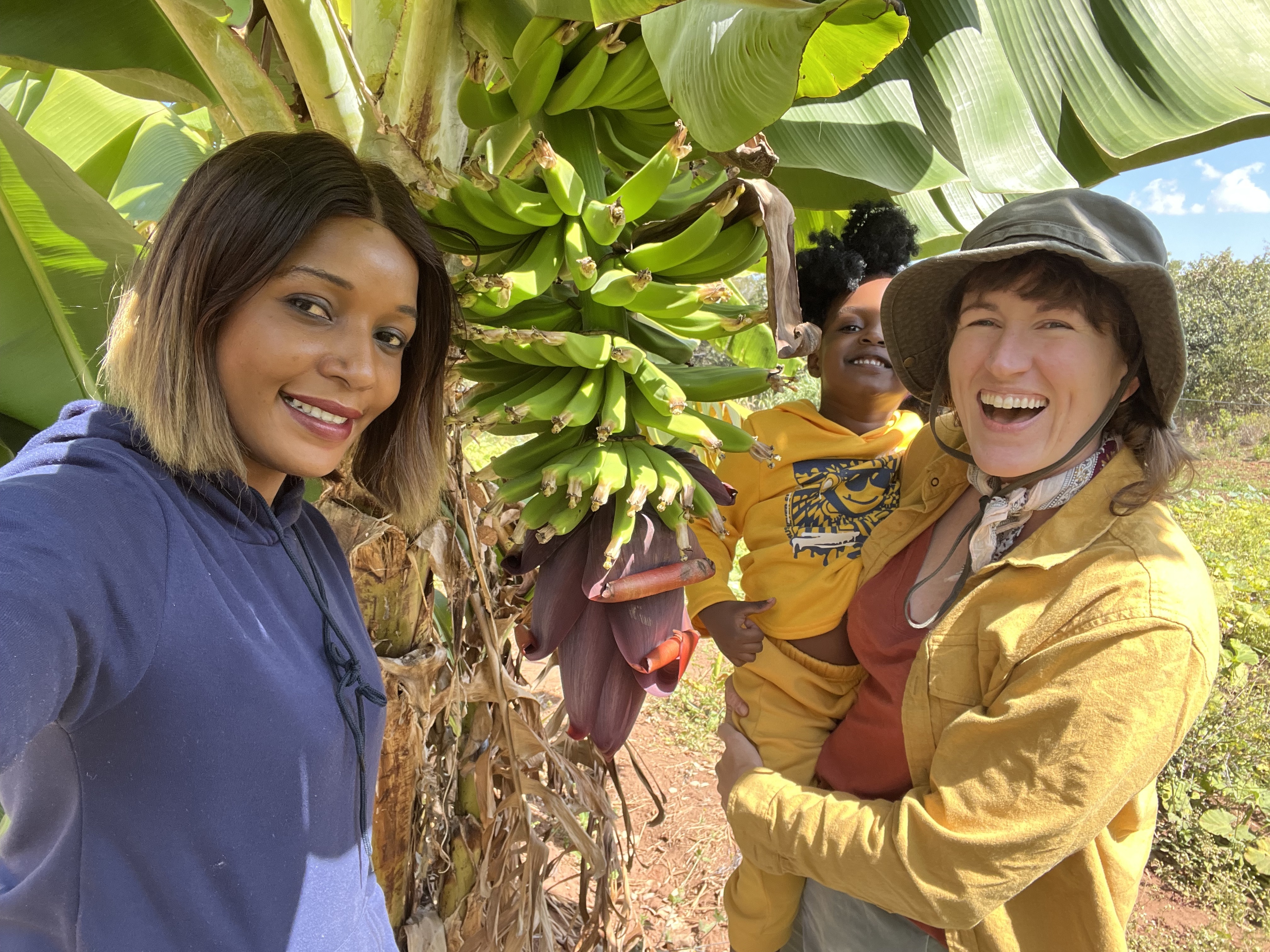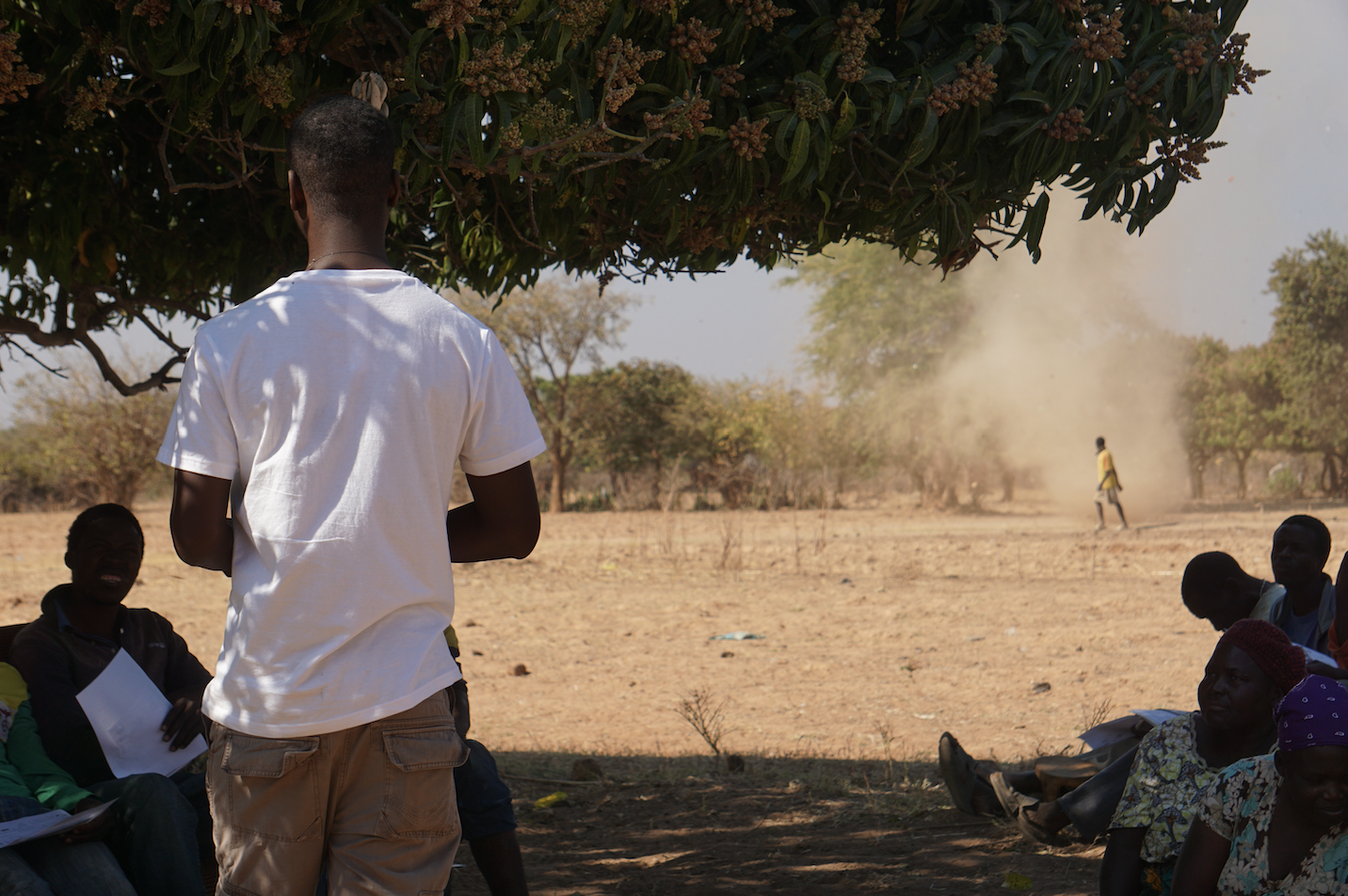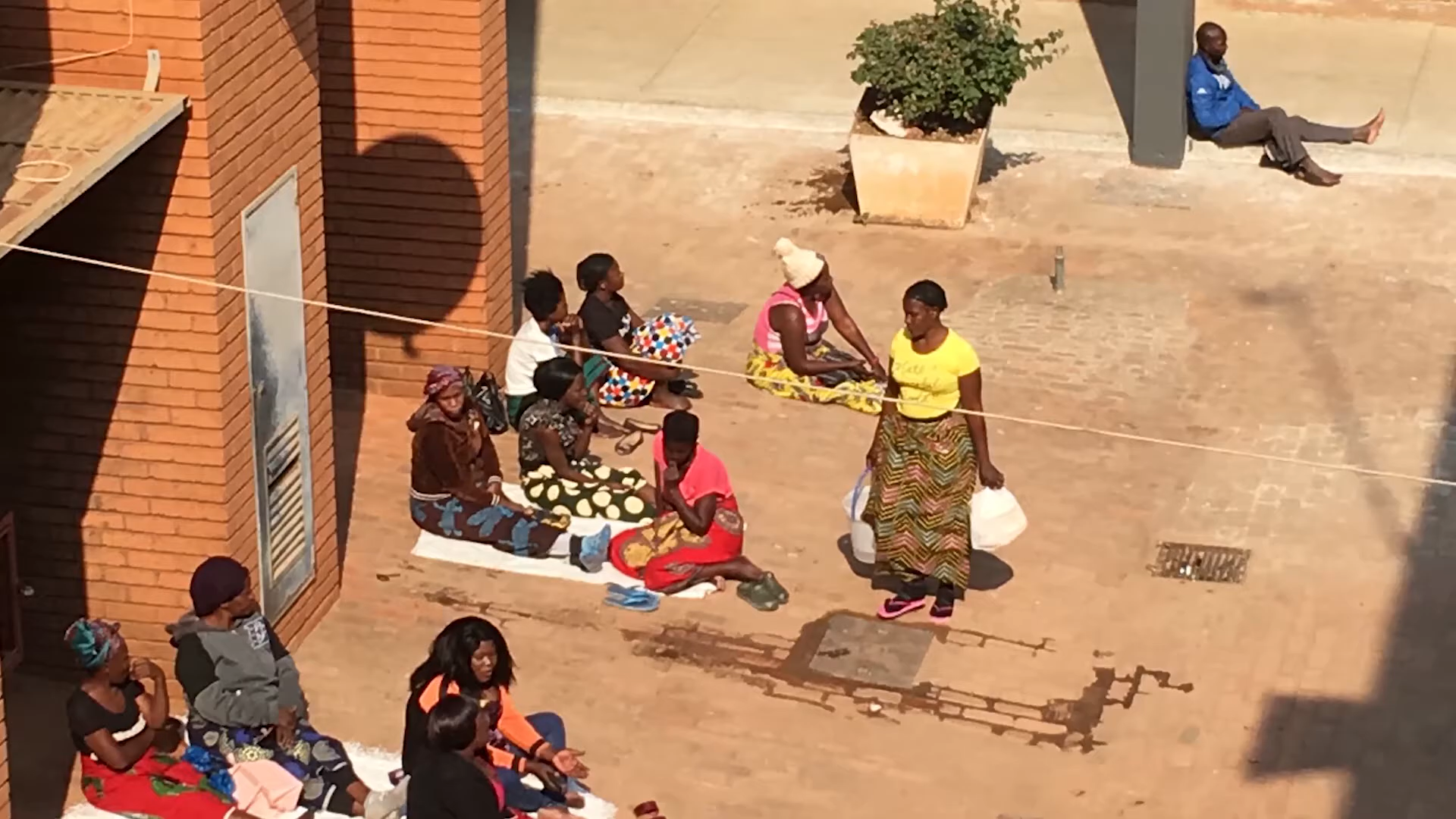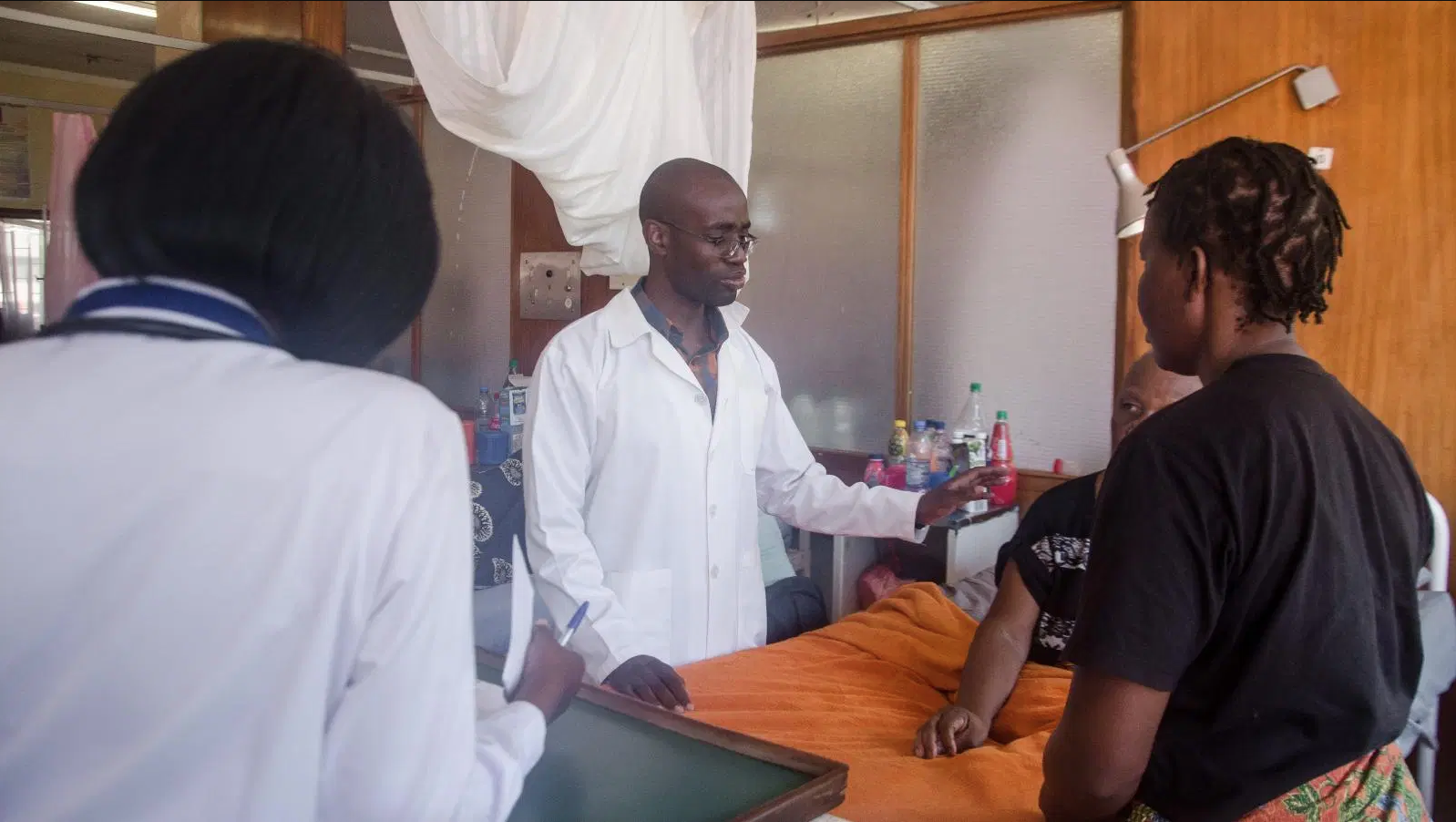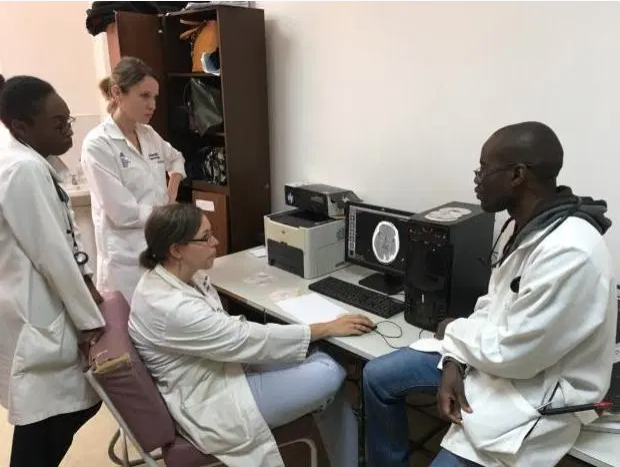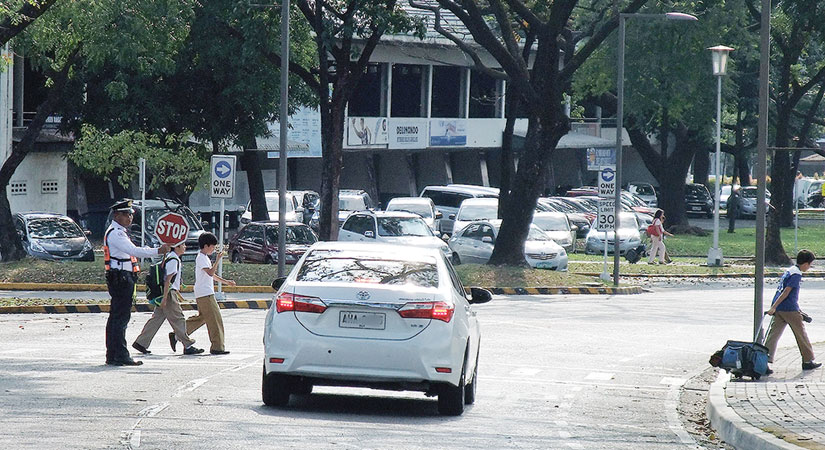-

Climate change is changing the life of children across Southern Africa
-

Pulitzer Center Update
Fellows' Reporting Gives Reasons for Hope
Stories of Hope from 2022 We are now selecting a new cohort of 2023 Reporting Fellows. But, before...
February 14, 2023 -

This project explores both the innovative and traditional strategies farmers in southern Zambia are...
-

Zambia is experiencing the effects of climate change and record temperatures.
-

Education Resource
Meet the Journalist: Oliver Staley
Strokes kill six million annually and leave millions more disabled. This problem is particularly...
-

Project
Stroke Is a Global Epidemic
Stroke is the world's second-leading killer and is particularly deadly in developing nations. In...






